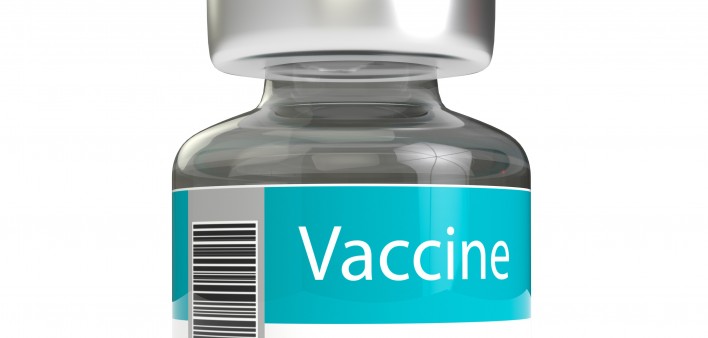Too few people with HIV who are good candidates for the hepatitis B virus (HBV) vaccination, meaning they are likely susceptible to infection, are receiving the vaccine each year, MedPage Today reports.
Publishing their findings in the Annals of Internal Medicine, researchers relied on the Centers for Disease Control and Prevention’s (CDC) Medical Monitoring Project (MMP) for nationally representative estimates of various factors related to the U.S. adult population living with HIV.
The investigators for this new study conducted interviews with the participants of four of the MMP’s annual data-collection cycles between 2009 and 2013. They also looked at medical records from the year prior to each individual’s interview as well as during their entire period in HIV-related health care.
Out of 18,089 participants, the study authors considered 7,889 (44.2 percent) candidates for hep B vaccination because they did not have documentation of having received the vaccine, immunity to the virus or actual infection. During a one-year surveillance period, 783 (9.5 percent) of these individuals at least started the multidose hep B vaccination.
A total of 438 of the remaining participants showed signs of new immunity to hep B during the surveillance period and 126 tested positive for the virus. This left 6,542 (82.9 percent) of the overall group of vaccine candidates who still had not received vaccination.
A total of 12.5 percent of those hep B vaccine candidates who received HIV care from a Ryan White clinic were vaccinated during the surveillance period, compared with 3.7 percent of those cared for at non–Ryan White practices. The respective vaccination rates for those candidates receiving care at private and non-private medical practices were 5.6 percent and 11.8 percent.
To read the MedPage Today article, click here.
To read the study abstract, click here.







Comments
Comments